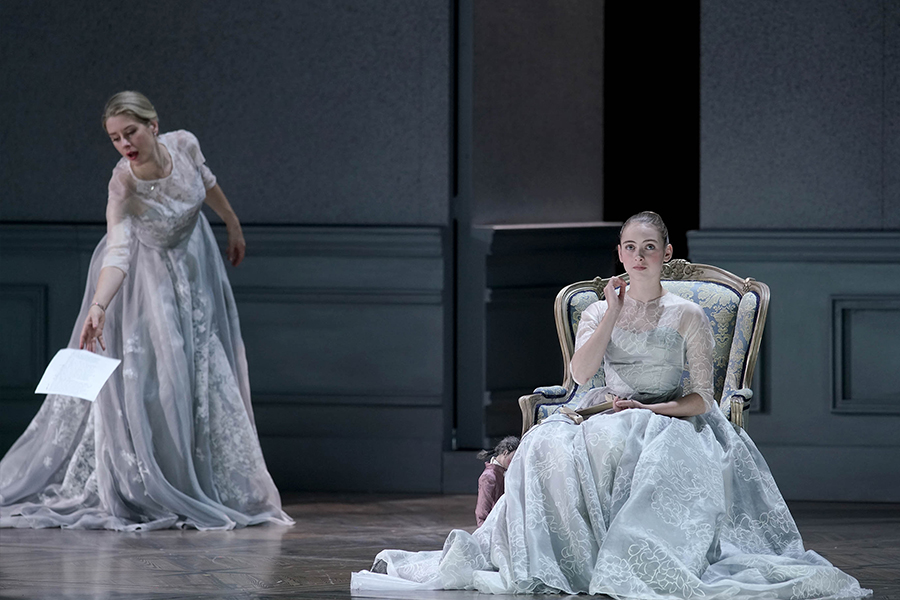Capriccio, Richard Strauss’s latest opera debuts at Teatro Real in Madrid

Nine performances will be offered between May 27 and June 14 that will feature the stage direction of the German Christof Loy, is launched for the first time to the interpretation of this masterpiece; and in front of the Orchestra Teatro Real will be the Israeli director Asher Fisch.
.
On May 27, the Teatro Real will present, for the first time on stage, Capriccio, the last opera by Richard Strauss, of which nine performances will be offered in a new production conceived by the stage director Christof Loy, made in co-production with the Opernhaus de Zürich.
.
The music director Asher Fisch, an expert conductor in Strauss’s music, will be in charge of a cast that will feature in the main roles with the voices of the soprano Malin Byström (Countess Madeleine), the baritone Josef Wagner (Count), the tenor Norman Reinhardt (Flamand), the baritone André Schuen (Olivier) and the bass Christof Fischesser (La Roche), among others, together with the Orquesta Titular del Teatro Real.
.
With this premiere, the Teatro Real it continues with its project of extension of repertoire and offers a masterpiece, whose composition and argumental content transcend the artistic value to invite the eternal debate around the opera: what is more important, the word or the music?
.
The German stage director Christof Loy, a great connoisseur of Strauss’s work, is launching for the first time the interpretation of this complex work in which, without subtracting protagonism from the central theme, discover multiple layers that outline the secrets that are hidden in the soul of each protagonist, the concerns and motivations of the human being derived from their emotions before the perception of beauty.
.
The central character of Capriccio is the countess, a woman of enormous sensibility that reflects in that indecision before the election of one of her two suitors, the need to define the values and the affections that will determine the rest of her life. In that transcendental moment in which the action takes place, her birthday, Madeleine, before the omnipresent mirror that presides over her living room, looks at the present with the awareness that soon it will be passed, like the girl she was, and that she is in a transit towards the future.

Capriccio arises from an original idea of the writer Stefan Zweig, who discovered a short opera by Antonio Salieri and Battista Casti, Prima la musica e poi le parole, around this theme, and suggests to the composer the creation of a new work inspired by him. Strauss, in collaboration with Clemens Krauss, delves into this adventure and develops a libretto full of irony, wit and intelligence in which, in a comedy key, he proposes a reflection on the importance that the word must have in opera with the music.
.
Thus, while the Western world was immersed in the horrors of World War II, in the heart of Nazi Germany, Richard Strauss moves away from reality -not in vain the opera is set in a castle in Paris in 1775 to tell us about the story of Countess Madeleine, a cultured and refined aristocrat, unable to decide on the love of her two suitors, a poet and a composer. The celebration of his birthday originates the creation of a small play, in which both artists participate, and that will give rise to an intellectual and philosophical debate, not devoid of humor, around the fundamental issue of the predominance of music over the word in musical theater.





